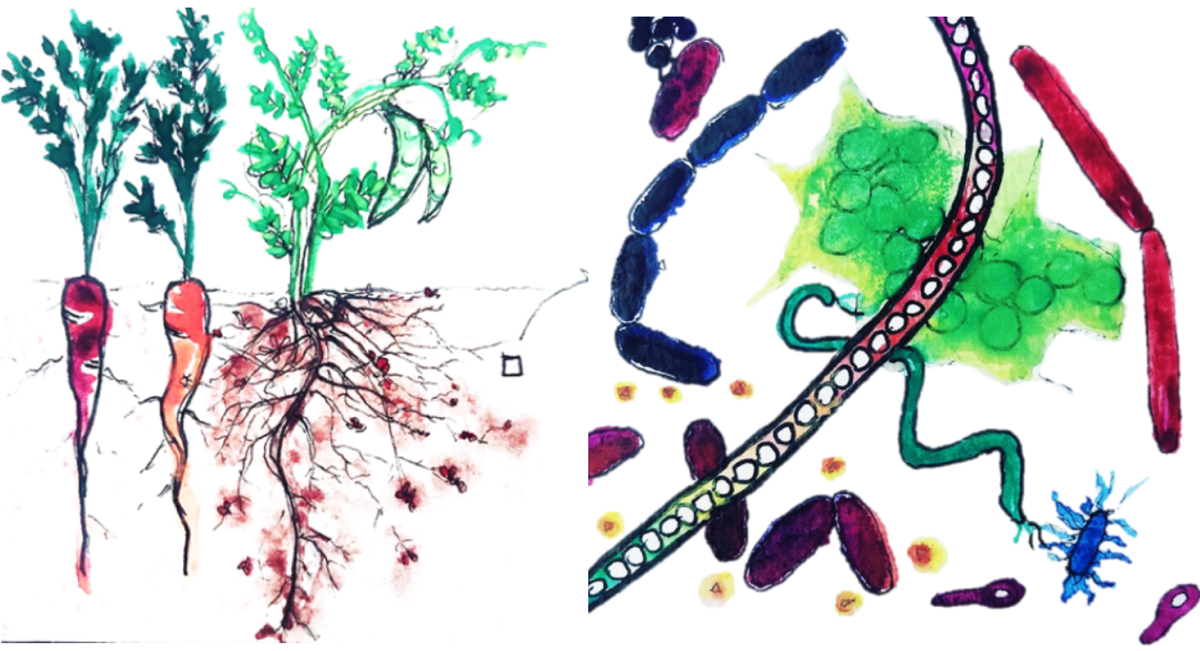Science On Tap: Garden To Gut - Vancouver 3/11 (Photo) - 02/18/26
Date: Wed, March 11th, 2026
Time: 7 pm
Location: Kiggins Theatre Vancouver, Wa
Tickets: $15-$45
Event Website: https://www.scienceontaporwa.org/events/kiggins_mar_11_gut-biome/
How do your immune cells get their intel?
Who digests your food?
Who gave your food nutrients in the first place?
Food crops not only make their own phytochemical menu that add flavor to our lives, ward off caterpillars, etc, but plants, themselves, have their very own microbiome! From mycorrhizal connections, endophytic fungi, and nodule-forming nitrogen-fixing rhizobia, the interdependent nature of nature is an inspiration.
Come for a good “gut feeling” about your microbiome, stay to hear what soil and planetary health can offer. From microorganisms to macro-nutrients, from the garden to our guts, from the latest scientific discoveries to our beliefs, we will ask the question: what is possible by cultivating diverse communities?
Dr. Adrienne Godschalx teaches Microbiology at Lower Columbia College to aspiring nurses.
Science on Tap is a science lecture series where you can sit back, drink a pint, and enjoy learning. Listen to experts talk about the science in your neighborhood and around the world. You don't have to be a science geek to have fun--all you need is a thirst for knowledge! For more information on this event or about Science on Tap, visit Science on Tap OR WA.


